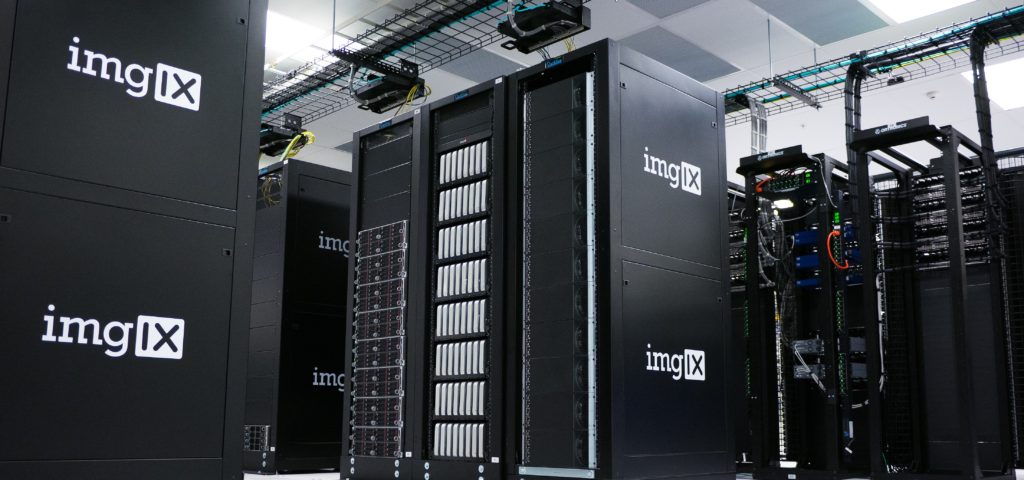Cloud Migration & Services Administration
Migrating to the Cloud is only the beginning when it comes to your business taking advantage of the cloud. Some benefits to migrating to the cloud are to boosts productivity across your business by letting your staff access business applications and data from any location via any connected device and saving cost on your IT infrastructure. Running onsite servers and disaster recovery system for your data can be costly, especially for larger enterprises. With cloud-based data storage and compute, your server capacity scales to fit your current needs so you don’t use more energy than necessary. You only pay for the resource you are using. This helps your company go greener while also saving on cost.
Emk Technologies specialize in Microsoft Azure. Whatever your small business case may be, we will help define your cloud roadmap, plan and execute your migration to the cloud, then work with you to take advantage of your new cloud-based solutions. Regardless of your reason to migrate to the cloud, we will make sure you have access to support before, during and after your cloud migration.


